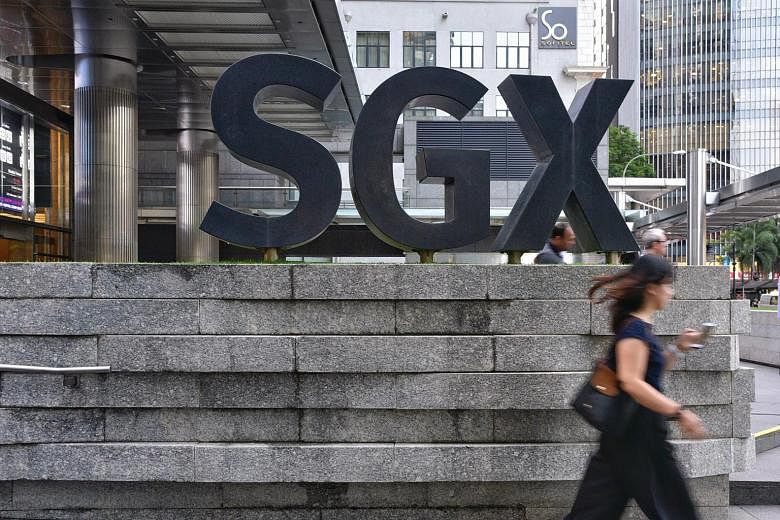SINGAPORE - Companies listed in Singapore will have to take a more serious look at director independence, if rule changes suggested by the Corporate Governance Council on Tuesday (Jan 16) are implemented.
To encourage firms to refresh and introduce more diversity into their boardrooms, the Council is proposing to enforce a "nine-year rule" that will reassess whether an independent director (ID) still qualifies as independent after nine years in the role.
The Singapore Exchange (SGX) is seeking public feedback on whether the "nine-year rule" should be written into the Listing Rules as a hard limit, or if the ID's term should be put to an annual two-tier vote. With the second option, the ID would have to win a mandate from all shareholders, as well as from the majority of all non-controlling shareholders.
If not, he can only be retained as a non-independent director.
A rule change like this would have wide implications for many boardrooms so the SGX is also recommending a three-year transition period.
Nearly 30 per cent of IDs in Singapore have more than nine years of service under their belts. Some IDs have served for more than 30 years.
The nine-year rule is just one of 12 other "baseline market practices" that the Council wants to add to the SGX Listing Rules for mandatory compliance. Currently, firms are only encouraged to observe these practices under a comply-or-explain regime.
Another proposed addition to the Listing Rules would require at least one-third of any board to comprise IDs. Currently, 96 per cent of boards have at least one-third IDs.
Currently, a director can still count as independent if he owns less than 10 per cent of a company's shares. Under the suggested rule change, he will no longer be considered independent once he crosses the 5 per cent threshold to become a substantial shareholder.
Singapore's Code of Corporate Governance was last revised in 2012.
Many directors here are still not conversant with the Code, so the aim now was to simplify and cut out the verbiage.
Other new elements were introduced with the aims of making remuneration more transparent and enhancing board diversity across gender, age, geographical knowledge and skills.
Overall, the Code's word count was reduced by half.
Former SGX chairman Chew Choon Seng, who chaired the Corporate Governance Council this time round, told an audit committee seminar on Tuesday: "The Code by itself is not an act of law, and the Council came to an early consensus that the Code can be simplified and streamlined so that it sets out principles that are over-arching and non-disputable statements of good corporate governance.
"The imperative is for companies to recognise that good corporate governance helps in accomplishing their business mission and objectives and is therefore in their own best interests."
The public consultation on the revised Code closes on March 15. The revised Code will be launched in the second half of 2018.


